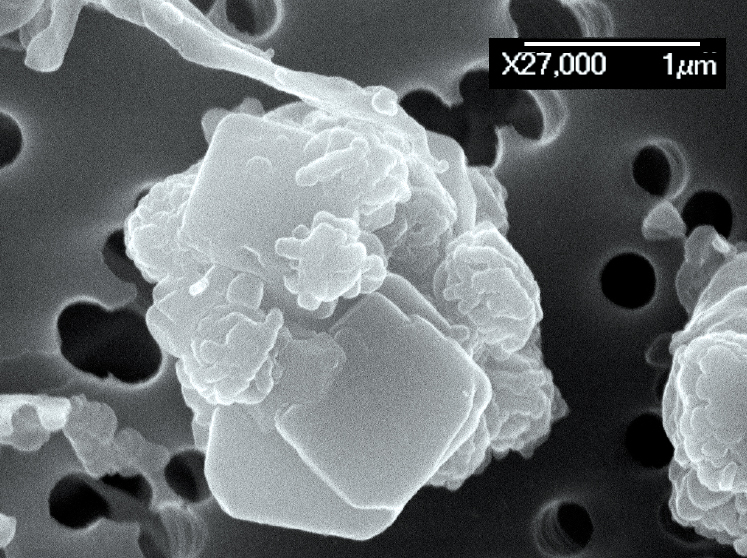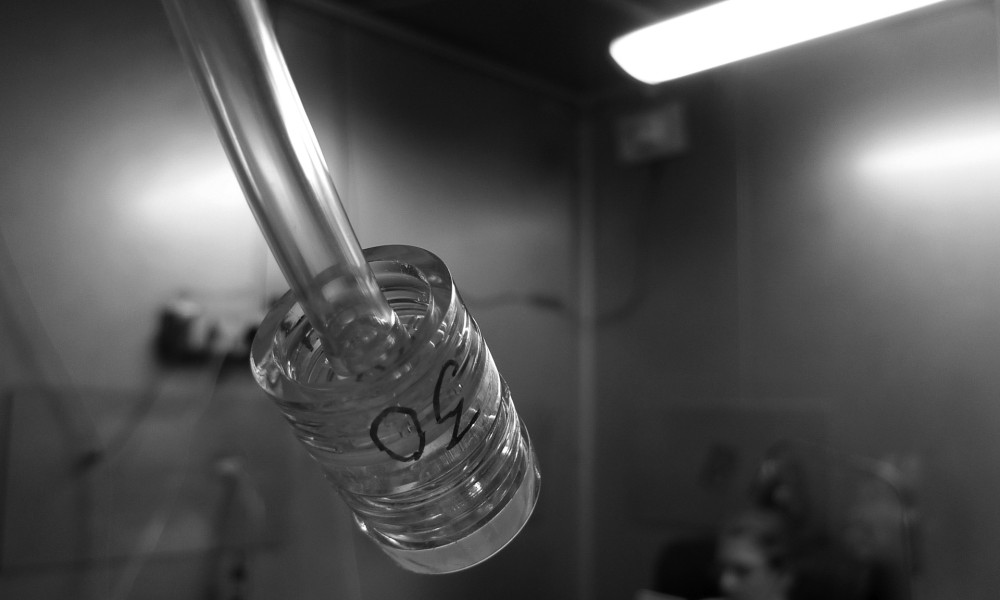Drying laundry could be bad for your health
Can you become ill from doing laundry? Clothes contain traces of washing powder which are released into the indoor air when they are tumble-dried. Researchers at the Division of Ergonomics and Aerosol Technology at Lund University are investigating how inhaling the particles affects us.
The particles we inhale are zeolites, which are used in washing powder to soften the water. Zeolites are not water-soluble, which means that they remain in the clothes once the washing has dried. Reports from the Swedish Consumer Agency show that modern washing machines that use less water do not rinse clothes as well and leave more traces of washing powder in the clothes.
“The level of zeolite particles in indoor air becomes high when we dry laundry. However, the level of particles also increases when we handle textiles in other ways, such as making the bed or folding clothes”, says Anders Gudmundsson, one of the researchers who are currently studying how people react to zeolites. His theory is that they can have a chemical effect on us.
“The particles could have a negative effect on the lungs and the cardiovascular system.”
In the aerosol chamber at the Department of Design Sciences, research subjects sit and breathe in the air from a tumble dryer. Some of them also get to breathe in normal indoor air, but none of them knows in advance what is in the air they breathe. The test subjects are examined by medical staff both before and after the chamber experiment. They check their heart rhythm and breathing, and look for swelling in the nose and any irritation in the throat and eyes. The researchers also take blood and urine samples and biological samples from the nose and lungs. The participants also report how they feel.
Erik Andersson is one of the research subjects in the aerosol chamber. His day job is at the Department of Design Sciences.
He is not bothered by his time in the chamber.
“It’s fine sitting here – not at all unpleasant. It’s light and pleasant and I have regular contact with the doctor on the other side of the wall through a microphone, and a window. The time in the chamber goes quite quickly”, he says.
Another participant is student Björn Arvidsson. He saw a notice in the autumn calling for test subjects for the study. There was no space for him then, but now he’s got his chance.
“I think it’s interesting to contribute to research in a field that I haven’t thought about before”, he says.
By the end of the study, the experiments in the chamber will have run for a total of 144 hours. The researchers will then be able to tell us more about what impact zeolites have on health.
Text: Jessica Sellergren
Published: 2014







